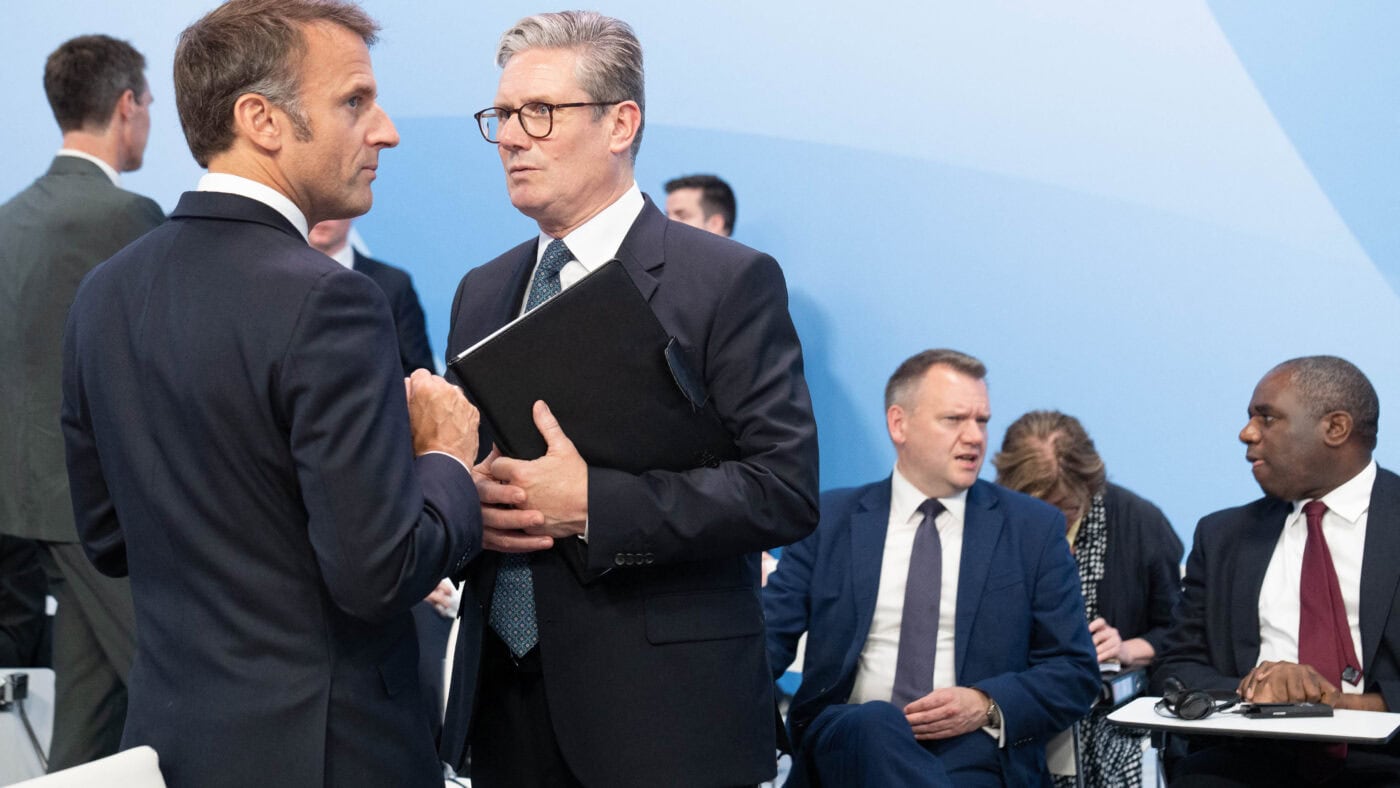After the Second World War, the United States was pivotal in establishing international institutions like the United Nations. This leadership extended through the Cold War and culminated in the defeat of the Soviet Union. America’s superpower status allowed it to shape the international system according to its interests, promoting a liberal world order.
With Trump’s victory in November becoming increasingly likely and the confirmation of JD Vance as his vice president, the UK is now faced with the urgent task of preparing for a more isolationist America. The rise of China and its increasing power in international institutions have led America to view supranational ‘global governance’ in transactional terms. The potential impact of these changes on the UK’s foreign policy and immigration system is of the utmost importance and cannot be overstated. The time to act is now.
These impending changes should serve as a wake-up call for UK policymakers. If Trump wins, the UK will have to increase its defence investments significantly and grapple with issues stemming from supranational global governance that the UK government, and by extension, the British people, have little control over. We must start considering potential strategies to navigate these changing global dynamics.
Think, for example, on the issue of small boats. Starmer’s new Border Security Bill will give law enforcement agencies counter-terrorism powers to target the illegal migration gangs who traffic thousands of people into Britain every year. However, British decision-making will remain constrained without serious reform of supranational institutions such as the European Court of Human Rights (ECHR). For example, the ECHR has previously prevented the UK from enacting its plans to deport asylum seekers to third countries, such as Rwanda.
It should also be noted that, unlike Africa, Europe’s ageing population will exacerbate migratory pressures. This demographic imbalance, coupled with governance failures in many developing nations, will intensify the flow of migrants and will complicate politics throughout Europe.
Historically, the UK’s compliance culture has resulted in the ‘gold plating’ of international laws, limiting flexibility. Policymakers should consider advocating for the reform of international asylum laws to regionalise asylum management. This approach, while complex, could provide a more manageable framework.
Alternatively, the UK might lean into what will likely be overdue reforms of post-war international institutions, a shift likely to gain momentum if Trump returns to power. Such reforms could offer a more balanced and effective response to contemporary challenges and allow international institutions to be democratised and repurposed for the shifts in the international system. A balanced approach is key to navigating these complex issues.
The simple fact is that until our political class grapples with the deep tensions between national sovereignty and legacy forms of supranational global governance that constrain policymaking, we will continue to see disenfranchised voters turn to ever more radical solutions as we are witnessing across the continent with the rise of National Rally in France and Vox in Spain.
Populism has been widely denigrated among our political class. They have failed to see that it is simply the re-politicisation of issues that the post-war consensus deemed too important to be left to voters, with fundamental democratic questions instead outsourced to amorphous forms of global governance and international law. In a changing international system, these questions will only grow. One of the primary drivers of the Brexit vote was to ‘take back control’, and policymakers ignore this at their peril.
Whatever choices are made, the tectonic plates of the international system are in motion, occasioned by the fragmentation of the legacy institutions of the liberal international order, formerly underpinned by America’s generosity.
Starmer’s technocratic pro-globalism, with his desire for greater integration with an EU whose German hegemon now faces precipitous demographic and economic decline, is the wrong answer for the age in which we live. Western policymakers will increasingly have to grapple with reconciling the demands of their citizens with forms of global governance built for a different time. Reaffirming the importance of national sovereignty coupled with a new adaptive internationalism would be a good start.
Click here to subscribe to our daily briefing – the best pieces from CapX and across the web.
CapX depends on the generosity of its readers. If you value what we do, please consider making a donation.


